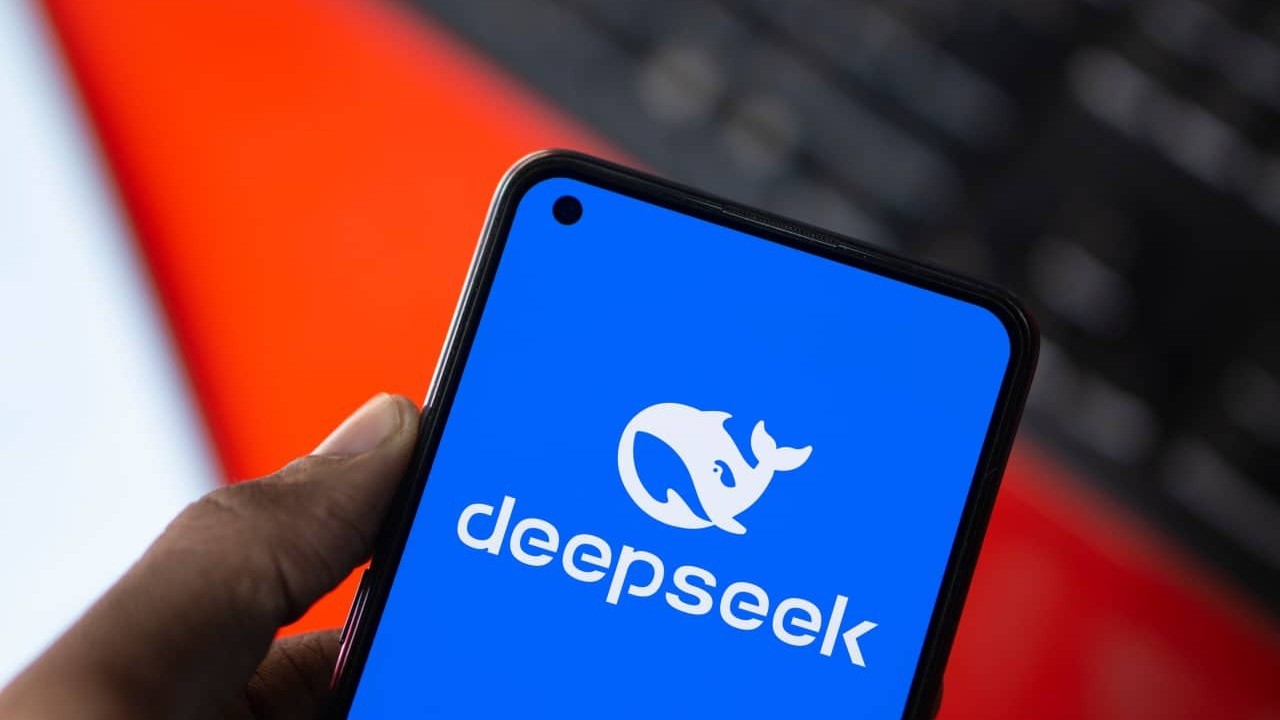DeepSeek AI has emerged as a significant disruptor in the global tech landscape, challenging the dominance of established AI leaders and prompting a re-evaluation of AI development strategies. Founded in 2023, the Chinese AI startup has quickly gained recognition for its cost-effective and high-performing AI models, particularly the DeepSeek-V3 and DeepSeek-R1. Its open-source approach and focus on efficiency have garnered attention from developers, researchers, and investors alike, positioning DeepSeek as a potential game-changer for the industry.
One of the most striking aspects of DeepSeek AI is its ability to achieve state-of-the-art performance at a fraction of the cost compared to its competitors. Reports indicate that training DeepSeek-V3 cost approximately $6 million, while similar models from OpenAI and Google can cost upwards of $100 million. This cost reduction is attributed to innovative architectures and optimization techniques, such as Mixture-of-Experts (MoE) and Multi-Head Latent Attention (MLA), which reduce computational demands and improve efficiency.
DeepSeek's open-source philosophy sets it apart from many Western AI companies that keep their models and training data proprietary. By releasing its models with open weights under the MIT license, DeepSeek enables widespread collaboration and rapid innovation. This approach allows developers to experiment with, modify, and improve the models, fostering a more inclusive AI ecosystem. The open-source nature of DeepSeek also provides greater transparency and control for businesses and developers, eliminating reliance on proprietary cloud services.
The DeepSeek-R1 model, released in January 2025, has been particularly noted for its advanced reasoning capabilities and performance comparable to OpenAI's o1 model, while maintaining a significantly lower cost structure. DeepSeek leverages a large-scale reinforcement learning approach focused on reasoning tasks and has developed a rule-based reward system that outperforms commonly used neural reward models.
DeepSeek's impact extends beyond its technical achievements, with potential implications for the global AI landscape. Its emergence challenges the business models of U.S. tech companies that have invested billions in AI, potentially leading to a bifurcation of the market into a premium segment and a low-cost segment. The company's success demonstrates that cutting-edge AI can be achieved without exorbitant costs, potentially democratizing AI technology and making it accessible to smaller organizations and developing nations.
However, the rise of DeepSeek also raises concerns about security and ethical considerations. The open-source nature of the models could potentially be exploited for malicious purposes, and the company's access to vast amounts of data in China raises questions about privacy and data governance.
Despite these concerns, DeepSeek AI represents a significant step forward in AI development. Its focus on cost-effectiveness, efficiency, and open collaboration has the potential to drive innovation and make AI more accessible to a wider range of users. As the AI landscape continues to evolve, DeepSeek is well-positioned to play a key role in shaping the future of the technology.

















